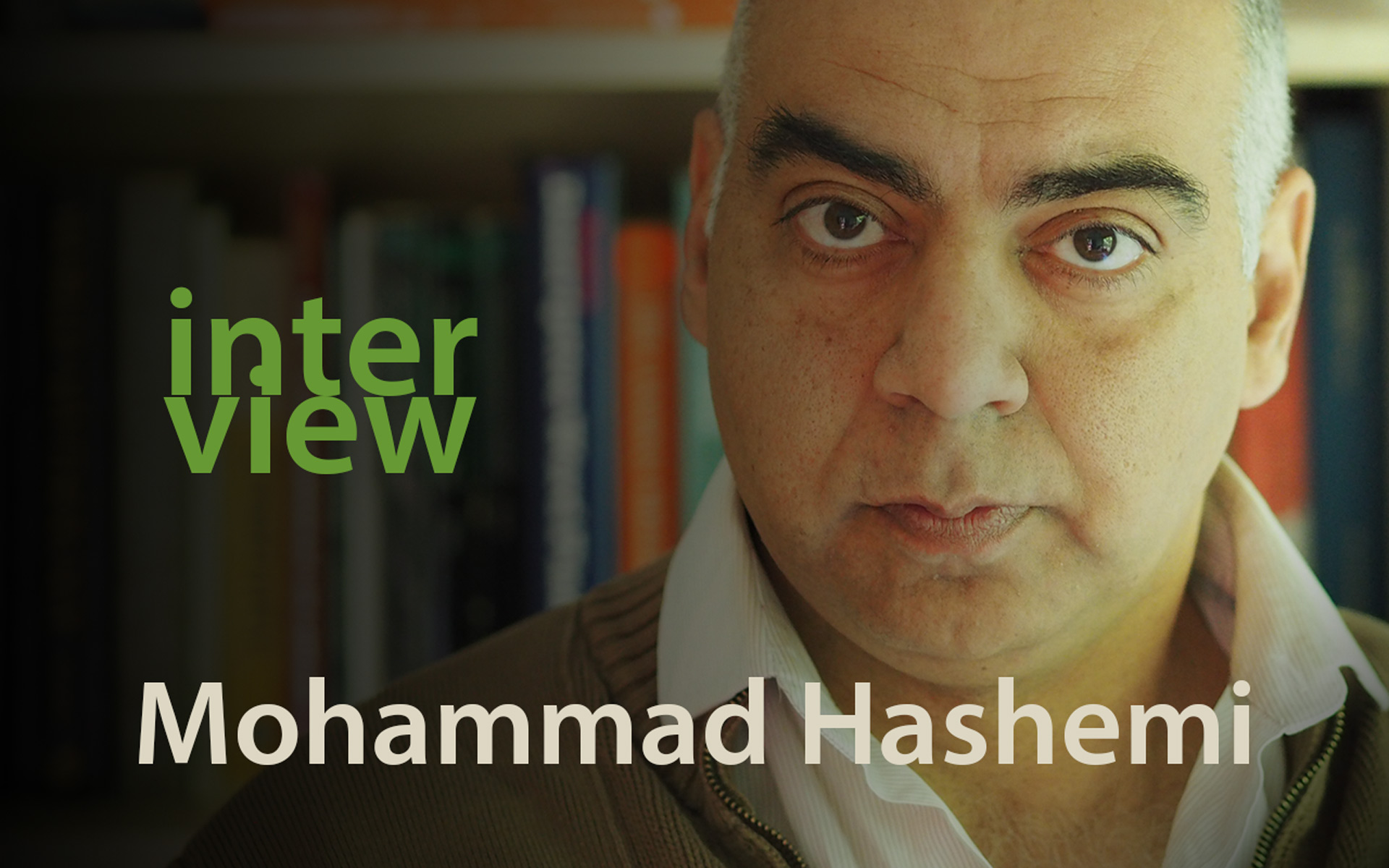
Mohammad Hashemi, is a teacher, editor, translator and author of several books including Famous Canadian Authors: Developing English Skills (2008), Formidable French: False Cognates in French and English (2010), O Canada: Integrated Skills through Canadian Music (2011), Reel Canada: Integrated Skills through Canadian Film (2012) and Communicating with Grammar 3: Skills for Life (2014). He has been coordinating and teaching English for more than two decades in Asia and North America. He currently teaches ESL at La Cité collégiale in Ottawa, Ontario. For more information go to www.mohammadhashemi.com.
1. What’s your family background? How did you get here?
I was born in a middle class Iranian family and immigrated to Canada alone in the late 90s. I came as a skilled worker and married here in Canada. We have a little daughter.
2. Do you know any family migration stories? Can you share one or two?
I’ll tell you an anecdote about my own experience upon arrival in Canada. I landed in Toronto and took a connecting flight to Ottawa as my final destination. I was given another gentleman’s boarding pass by mistake. We shared the same last name, but he was born here in Canada. When the mix-up was sorted out, we ended up sitting next to each other on the plane. He gave me a referral that day which led to my first job a couple of weeks later.
3. How do you see Canada at 150 years old? What are Canada’s greatest successes and biggest failures?
Canada’s 150th birthday is a reminder to all of us of how young Canada is compared to most other nations. Being so young has allowed us to stay away from the hostilities and prejudices that afflict many older nations. At the same time, we have to be careful not to get too complacent. We have to do a much better job of making eastern and western Canada understand each other. We have to break the two solitudes of anglophones and francophones. And we certainly need to provide better quality of life and standard of living for our aboriginal communities.
6. Where have you traveled? How has this travel informed your perspective? Where to next? Why?
I have travelled in Asia, Europe and all the countries in North America. The more you travel, the more you perceive how shallow human differences are, and how deep our shared traits, fears and aspirations run.
To quote my favourite Persian poet, Saadi:
“Human beings are members of a whole
In creation of one essence and soul
If one member is afflicted with pain
Other members uneasy will remain
If you have no sympathy for human pain
The name of human you cannot retain”
I have Australia on my wish list and hope to go there next. I have never been to the southern hemisphere.
7. I’d like to get your opinion on today’s most useful education technology. What do you recommend to teachers in terms of new ideas and tools? (2 or 3 concepts or products max).
There is no shortage of fantastic tools for classroom use and they keep evolving on a daily basis. For me, the big four tools have always been blogs, wikis, social networking and podcasting. I also use corpora, specialized search engines, level and readability tools extensively to design material.
What I recommend to teachers is to know what technology is good (formula-based tasks) and not so good at (creativity and problem solving) and to delegate time-consuming tasks to technology and learning management systems (LMS) to free up more of the teachers’ time to build relationships and exercise more critical thinking and creativity in the classroom. Technology is killing our students’ ability for deep, focused thinking.
8. How did you get into writing? What subjects do you write on?
I wrote my first book in the early 90s (on American cinema). I have published extensively in the ESL field though. Most of my books focus on the interplay of culture and language, namely learning English through literature, music, cinema, and the arts.